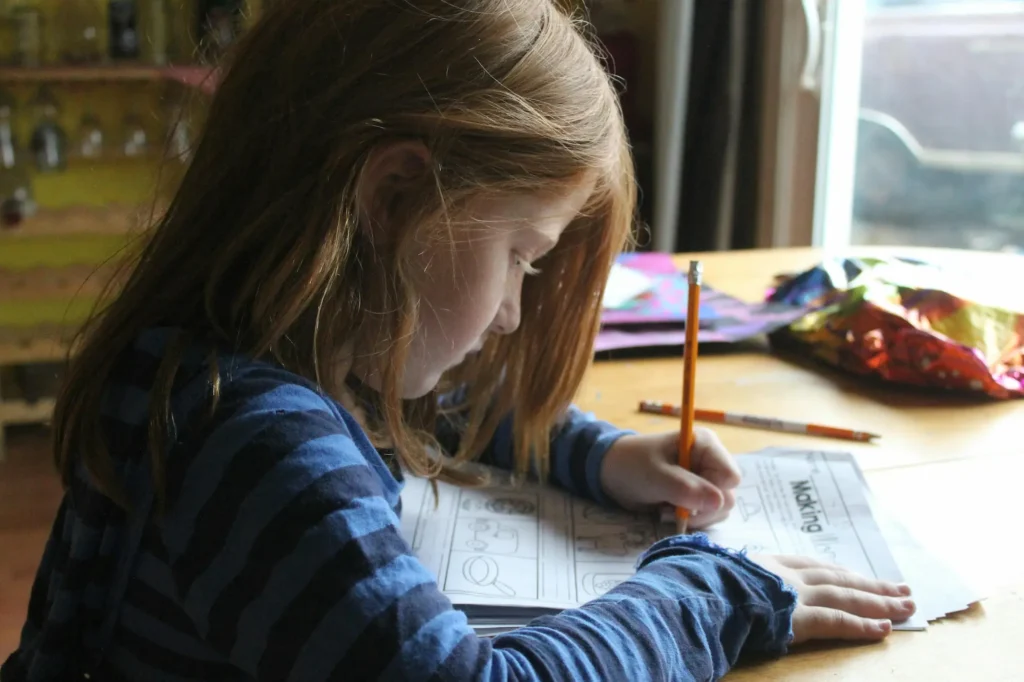At Positive Kids, we understand that academic success and emotional well-being are closely tied to a child’s ability to manage everyday tasks like focusing, organizing, planning, and regulating emotions. These core skills are known as Executive Functioning, and when they’re underdeveloped or impaired, they can significantly impact a child’s school performance, relationships, and self-esteem.
Executive functioning refers to the mental processes that help us:
Children with executive functioning difficulties may appear forgetful, disorganized, impulsive, or easily distracted. They may struggle with transitions, completing assignments, or managing frustration — leading to stress at home and in school.

Our Executive Functioning program is designed to assess and strengthen these vital cognitive skills through:
Individualized coaching tailored to your child’s specific challenges
Practical tools and strategies for time management, organization, and emotional regulation
Skill-building exercises that promote self-monitoring, motivation, and focus
Parent collaboration, ensuring consistency and reinforcement at home
Executive functioning skills don’t always develop automatically. When left unaddressed, difficulties in this area can lead to academic underachievement, strained relationships, and lowered self-esteem. With early intervention and the right support, children can build these skills and thrive both in and outside the classroom.
Help your child build confidence, emotional resilience, and strong social skills with professional support from Positive Kids.
Positive Kids is the first off-site facility in Canada dedicated to working with parents and school systems to offer a curriculum for teaching Social- Emotional Skills. We are currently located in the Toronto area.
READ MORE
Services
Navigation
© 2025 Positive Kids. All rights reserved.
Designed and Developed by MJCWEB.DEV